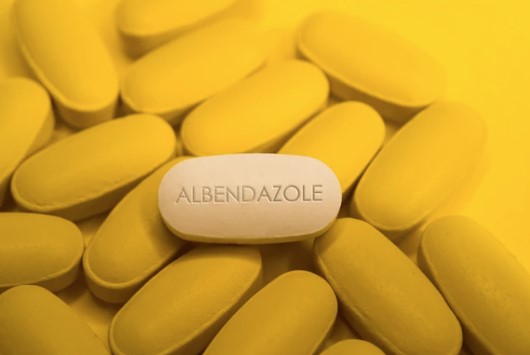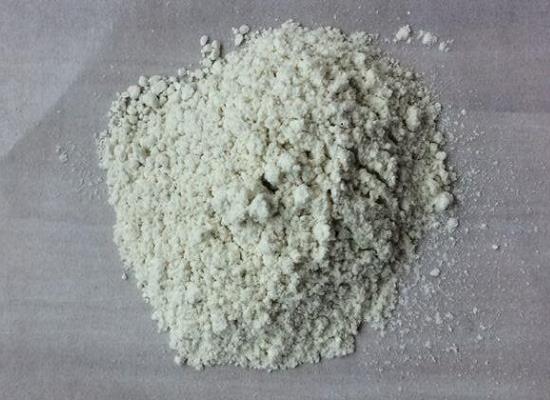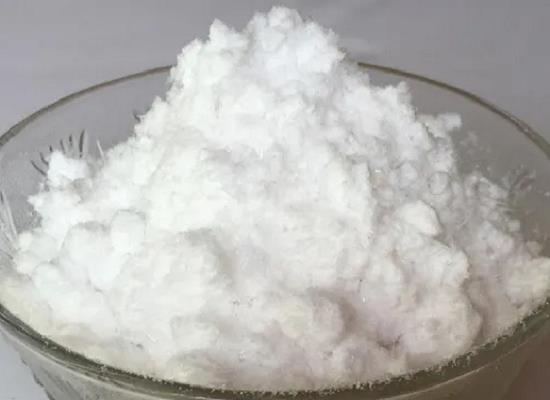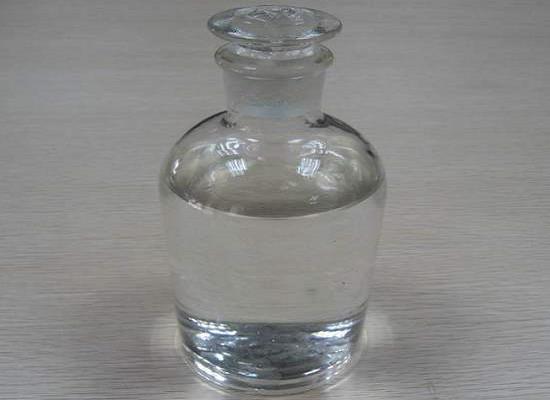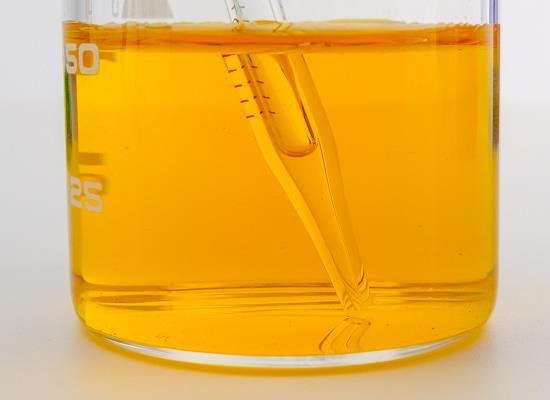Active Pharmaceutical Ingredients (API), popularly speaking, are the raw materials of medicines, only pharmaceutical raw materials are processed into pharmaceutical preparations , can they become medicines available for clinical use, so drugs we usually eat are the finished drugs through processing. Active Pharmaceutical Ingredients based on its sources can be divided into two major categories ,including chemical synthetic drugs and natural chemical drugs. Chemical synthetic drugs can be divided into organic synthetic drugs and inorganic synthetic drugs. Inorganic synthetic drugs are inorganic compounds ( very few is element), such as aluminum hydroxide, magnesium trisilicate which are used for the treatment of gastric and duodenal ulcers ; organic synthetic drugs are mainly composed of drugs made by basic organic chemical raw materials, through a series of organic chemical reactions (such as aspirin, chloramphenicol, caffeine, etc.). Natural chemical drugs ,based on its sources,can be divided into two categories including biochemical drugs and plant chemical drugs. Antibiotics are generally made by the microbial fermentation, which belongs to the biochemistry category. A variety of semi-synthetic antibiotics occurs in recent years,which are biosynthesis and chemical synthesis combining products.Among active Pharmaceutical Ingredients, the organic synthetic drugs varieties, yields and values have the largest proportion,which are the main pillars of the chemical and pharmaceutical industries. The quality of active Pharmaceutical Ingredients decides whether the formulation is good or bad , so its quality standards are very strict ,countries in the world have developed national pharmacopoeia standards and strict quality control methods for its widely used active Pharmaceutical ingredients.
The Mechanism of Action and Side Effects of Albendazole
Albendazole sulfoxide, the active metabolite of Albendazole, causes selective degeneration of cytoplasmic microtubules in intestinal and tegmental cells of intestinal helminths and larvae.
Dec 15,2023 APIThe benefits and risk of Fish oil
Fish oil provides a concentrated source of the long-chain omega-3 fatty acids eicosapentaenoic acid (EPA) and docosahexaenoic acid (DHA).
Dec 15,2023 API1,2,4,5-Tetrakis-(4-formylphenyl)benzene: properties, applications and synthesis
1,2,4,5-Tetrakis-(4-formylphenyl)benzene is a versatile compound used in COF synthesis. It has a unique structure and reactivity, and can be synthesized with potassium carbonate and 1,4-dioxane.
Dec 15,2023 APISelenium dioxide: properties, applications and safety
Selenium dioxide is a versatile, oxidizing compound used in various industries, but it requires careful handling due to its toxicity and potential health risks.
Dec 15,2023 APIIsovaleraldehyde: properties, metabolism and safety
Isovaleraldehyde is a pungent, colorless liquid metabolized to acid, detoxified by glutathione, CYP450. It is irritating, flammable, and potentially toxic.
Dec 15,2023 API1-Methylpiperazine: synthesis, applications and safety
1-Methylpiperazine is synthesized via aminolysis and hydrogenation, used in industry despite health risks, requiring stringent safety protocols.
Dec 15,2023 APIEthyl lactate: properties, synthesis and biosynthetic pathway
Ethyl lactate, a biodegradable solvent with wide-ranging applications, is synthesized chemically or biologically using Zr-catalysts and genetically engineered yeast.
Dec 15,2023 APINitrogen as a regulatory factor of methane oxidation
Nitrogen inhibits methane consumption by competitive inhibition of methane monooxygenase and changes in microbial community composition, reducing methane oxidation rates in soils.
Dec 15,2023 API2-Naphthol: properties and applications in synthesis of heterocyclic compounds and health risks
2-Naphthol is valuable in organic synthesis but poses health risks, especially for children, due to its link to oxidative stress and allergic diseases.
Dec 15,2023 APITert-Butyl bromoacetate: applications as alkylating agent and safety
Tert-butyl bromoacetate is a versatile alkylating agent in synthetic processes, enhancing compound properties but requiring careful handling due to significant health hazards.
Dec 15,2023 API



